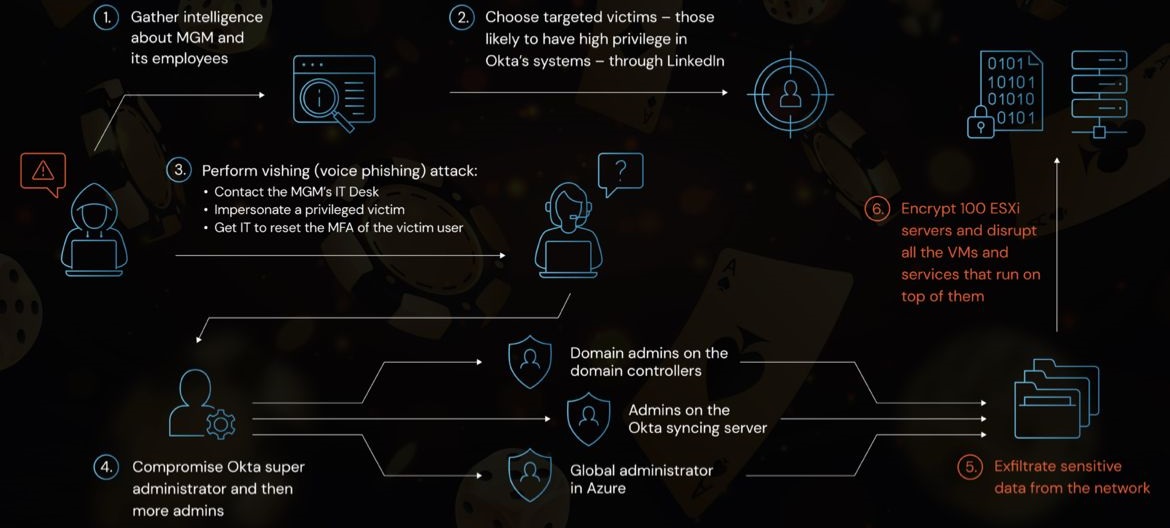
On April 30, 2023, a data breach occurred at Pilot Credentials, a third-party vendor that manages pilot and cadet recruitment applications on behalf of various airlines. The breach affected the personal information of thousands of pilots who had applied for jobs at American Airlines and Southwest Airlines through Pilot Credentials.
The information that was compromised includes names, social security numbers, passport numbers, dates of birth, driver's license numbers, Airman Certificate numbers, and other government-issued identification numbers. American Airlines and Southwest Airlines have said that there is no evidence that the stolen information has been misused, but they have offered affected pilots precautionary support, such as identity theft monitoring and credit report freezes.
The data breach at Pilot Credentials is the third data breach that American Airlines has suffered in the past year. In September 2022, the airline disclosed a data breach that impacted over 1,700 customers and employees. And in March 2021, American Airlines was one of several airlines that were affected by a data breach at global air information tech giant SITA.
The recent data breach at American Airlines is a reminder of the importance of data security. Airlines are increasingly becoming targets of cyberattacks, and it is important for passengers and employees to be aware of the risks. If you have any concerns about your personal information being compromised, you should contact your credit card company and put a fraud alert on your account. You should also consider placing a credit freeze on your credit report.
Impact of the Data Breach
The data breach at Pilot Credentials has the potential to have a significant impact on the affected pilots. The stolen information could be used to commit identity theft, open fraudulent accounts, or file false tax returns. The pilots could also be targeted by phishing emails or other scams.
In addition, the data breach could damage the reputation of American Airlines and Southwest Airlines. Passengers may be hesitant to fly with these airlines if they are concerned about the security of their personal information.
What to do if you are affected by the Data Breach
If you are affected by the American Airlines data breach, there are a few things you can do to protect yourself:
Sign up for identity theft monitoring: This will help you to detect any unauthorized activity on your credit report.
Place a credit freeze on your credit report: This will prevent anyone from opening new accounts in your name.
Monitor your credit report for any suspicious activity: You can get a free copy of your credit report from each of the three major credit bureaus once per year at annualcreditreport.com.
Change your passwords for any accounts that were affected by the breach: This includes your email, bank accounts, and social media accounts.
Be vigilant about phishing emails: Phishing emails are emails that appear to be from a legitimate source, but are actually sent by scammers. These emails often contain links or attachments that, if clicked, will install malware on your computer.
By taking these steps, you can help to protect yourself from the financial and identity theft risks associated with data breaches.
What American Airlines is doing to protect customers
American Airlines has said that it is working with law enforcement to investigate the data breach, and that it has taken steps to secure its systems. The airline has also offered affected pilots precautionary support, such as identity theft monitoring and credit report freezes.
In addition, American Airlines has said that it is reviewing its security procedures and that it is working to improve the security of its systems. The airline has also said that it is providing training to its employees on how to identify and report suspicious activity.
What you can do to protect yourself
In addition to the steps that American Airlines is taking, there are a few things that you can do to protect yourself from data breaches:
Be careful about what information you share online: Only share your personal information with trusted websites and organizations.
Use strong passwords and change them regularly: Do not use the same password for multiple accounts.
Be aware of phishing emails: Phishing emails are emails that appear to be from a legitimate source, but are actually sent by scammers. These emails often contain links or attachments that, if clicked, will install malware on your computer.
Install and keep up to date with antivirus software: Antivirus software can help to protect your computer from malware.

